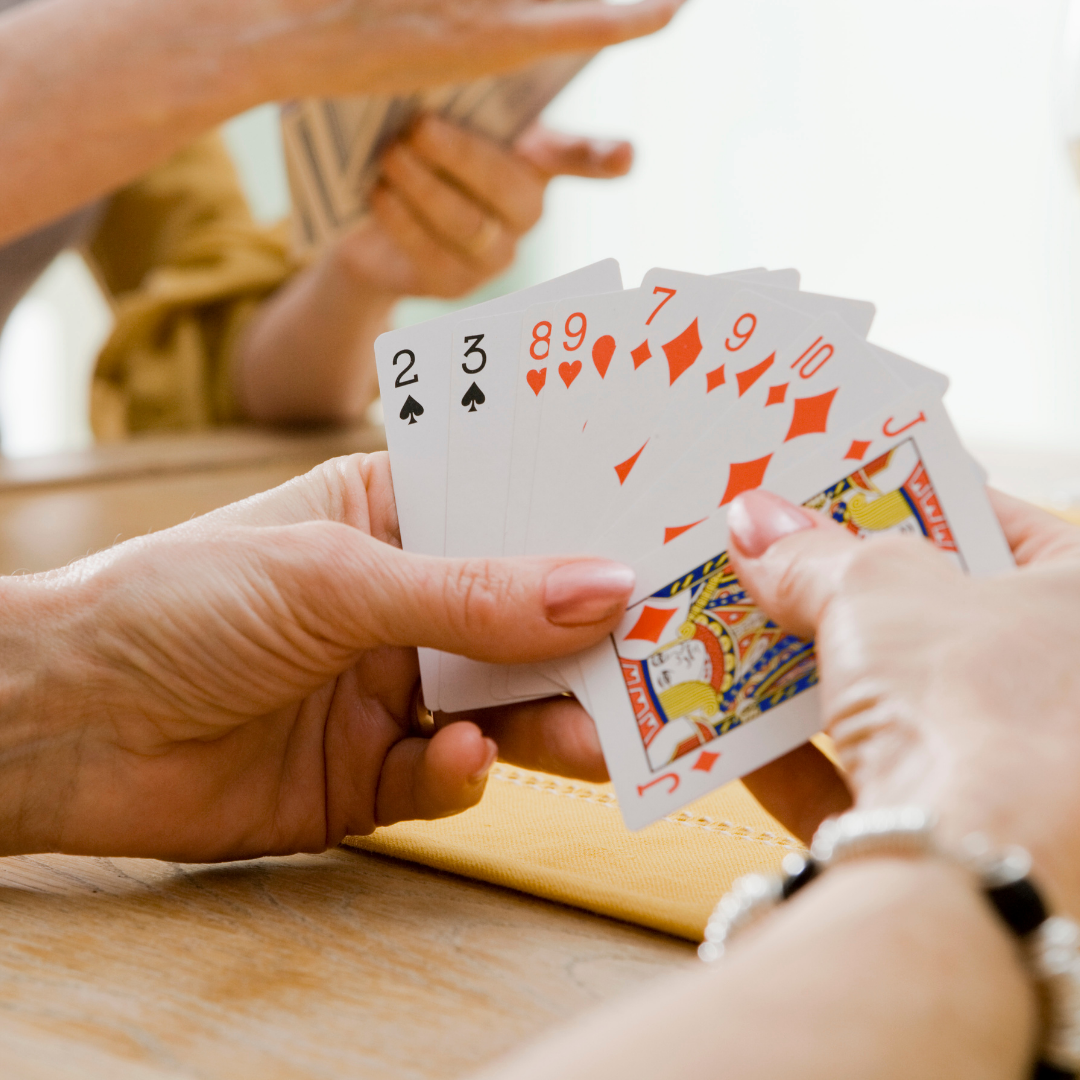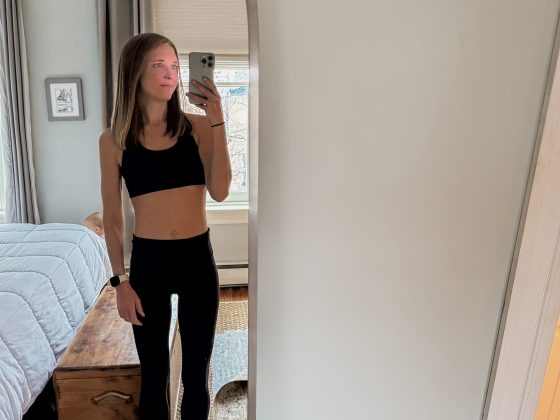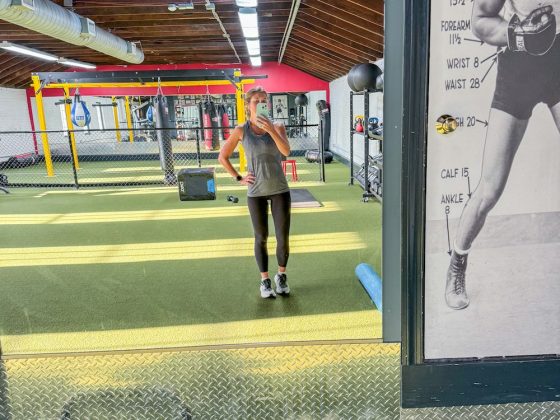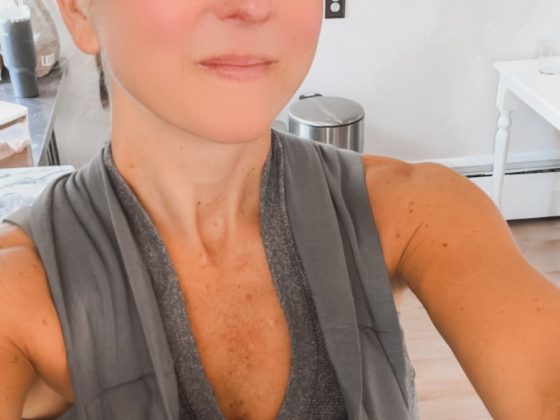When it comes to healthier habits, goals primarily pertain to eating right, exercise, hydration, sleep, and mindfulness. Then there are those habits that might not be serving you that don’t automatically come to mind; those that may be indirectly affecting your health.
While television consumption trends have fortunately been on decline since 2014, a recent poll estimates that the average American watches approximately 2 hours and 46 minutes of T.V. per day. Why might this be a habit you would want to work on? Increased television consumption could negatively impact your nutrition, exercise, and sleep goals, three very important aspects of health. Studies show that there is a correlation between watching television, and the consumption of processed food, especially in children. Excess sitting alone has been shown to harm our health and sleep, yet combine that with the blue light from television screens, which can impact proper melatonin production (the hormone that helps you fall asleep), and your sleep quality may be impacted further.
When it comes to establishing healthier habits in any area, think in terms of “crowding out” with something that will serve you better. In other words, put it in the perspective of what you can add in to your evenings that will organically become a substitute for the behavior you are trying to change. With watching television specifically, here are twelve activities you can do instead that will benefit your health to boot.
1. Make dinner plans with a friend. After a year of social distancing, we could all use some time to catch up with friends. Restaurants are opening back up, yet still practicing precautions, which means there are more places to sit down and enjoy a meal with other people face-to-face. If this is still something you are uncomfortable with, schedule a phone date or Zoom happy hour instead.
2. Read. Before there were televisions, there were books, and fortunately they are still around. There is nothing like getting lost in a good story. If fiction isn’t your thing, think of a non-fiction area of interest, and learn something (see number 8!). With the absence of screens, your eyes, hormones, and sleep will thank you.
3. Take a bath or engage in other “spa-like” activities at home. Many people turn on the T.V. in order to wind down from the day and relax, but with the bombardment of media messages, coupled with the hypnotic state in which we watch T.V., rarely is this the result. There are other choices you can make that will actually help you feel less stressed. Take a bath, put on a face mask, give yourself a pedicure, and feel the day immediately melt away.
4. Make a vision board. There is something so uplifting about making a vision board. For those of you who are unfamiliar, it requires perusing magazines of images that align with things/situations/circumstances you want to call into your life. A form of manifestation if you will. You can also do this on Pinterest, but the real deal can be more powerful. Vision boards help your brain make connections to what it is that you want, engaging your subconscious to manifest them to reality. And when you place your vision board somewhere prominent (by your bed, in your office), you receive daily reminders, helping you tap into the feeling behind what it is you want.
5. Take an (online) yoga class and/or meditation. There is an abundance of online options for both yoga and meditation, many of them free. The former helps bring some movement into. your evenings, but it doesn’t have to be vigorous. Restorative yoga (which involves poses that encourage deep stretching) is a wonderful way to unwind in the evenings. Meditation can also promote good sleep. Instead of being a passive recipient to T.V., practice some mindfulness, and feel better physically and emotionally.
6. Play a game. Quarantine reignited my love of both board and card games. My husband and I would make it into a friendly competition and always have so much fun. But whether you have a partner to play with or not, there are games and brain teasers you can engage in solo. Solitaire (with actual cards, not on a computer), crossword puzzles and Sudoku are all examples, which simultaneously keeping your brain sharp.
7. Do something crafty. Think back to the days of arts and crafts as a kid. What did you most enjoy? Try to translate that into your adult life. There are adult coloring books, DIY blogs, and even art classes you could take to tap back into your creativity.
8. Find an online class in an area of interest. Learning is one of life’s greatest gifts. Always be a student! And the beautiful thing about being an adult is that you get to decide what you learn about. What is an area of interest that has always intrigued you? Perhaps it has to do with health, business, art, psychology, or philosophy. Look online – there could be in-person classes being held at a local college, or enroll in something online.
9. Declutter an area in your home. Whether you have clothes in your closet from a decade ago, or your kitchen junk drawer is over-flowing, I would bet there is some area in your home that needs attention. I recently read The Home Edit (and watched their Netflix show), and talk about motivation for getting organized! Decluttering your space is synchronous with decluttering your energy, and you are sure to feel calmer as a result.
10. Try a new recipe for dinner. Many people gripe that cooking dinner takes time and preparation, but it’s time to change your mindset around it. Look at it more like an activity to get you in the flow. There are so many recipes at your disposal online, so no cookbooks necessary. Home cooking also comes with so many benefits that take-out just can’t provide. Not only will you likely be eating healthier, but you will feel accomplished and I bet your meal will taste better too.
11. Put on a podcast or playlist and take a long walk. Especially if you have been sitting all day, taking an evening walk not only ensures extra movement, but can help you de-stress and digest your day. Find an uplifting podcast or motivating playlist if heading out solo, or ask a friend to join for some social interaction.
12. Journal. When it comes to self-care and learning more about yourself, I am a big fan of journaling. There are also various forms: from expressing gratitude, to recapping about your day, to having a conversation with your inner voice about matter of the heart (my personal favorite). Some people find journaling to be uncomfortable, and there is nothing to fear. We all have a voice in our heads, and when we get to know that voice, and make friends with it, that is when awareness and growth can occur.










